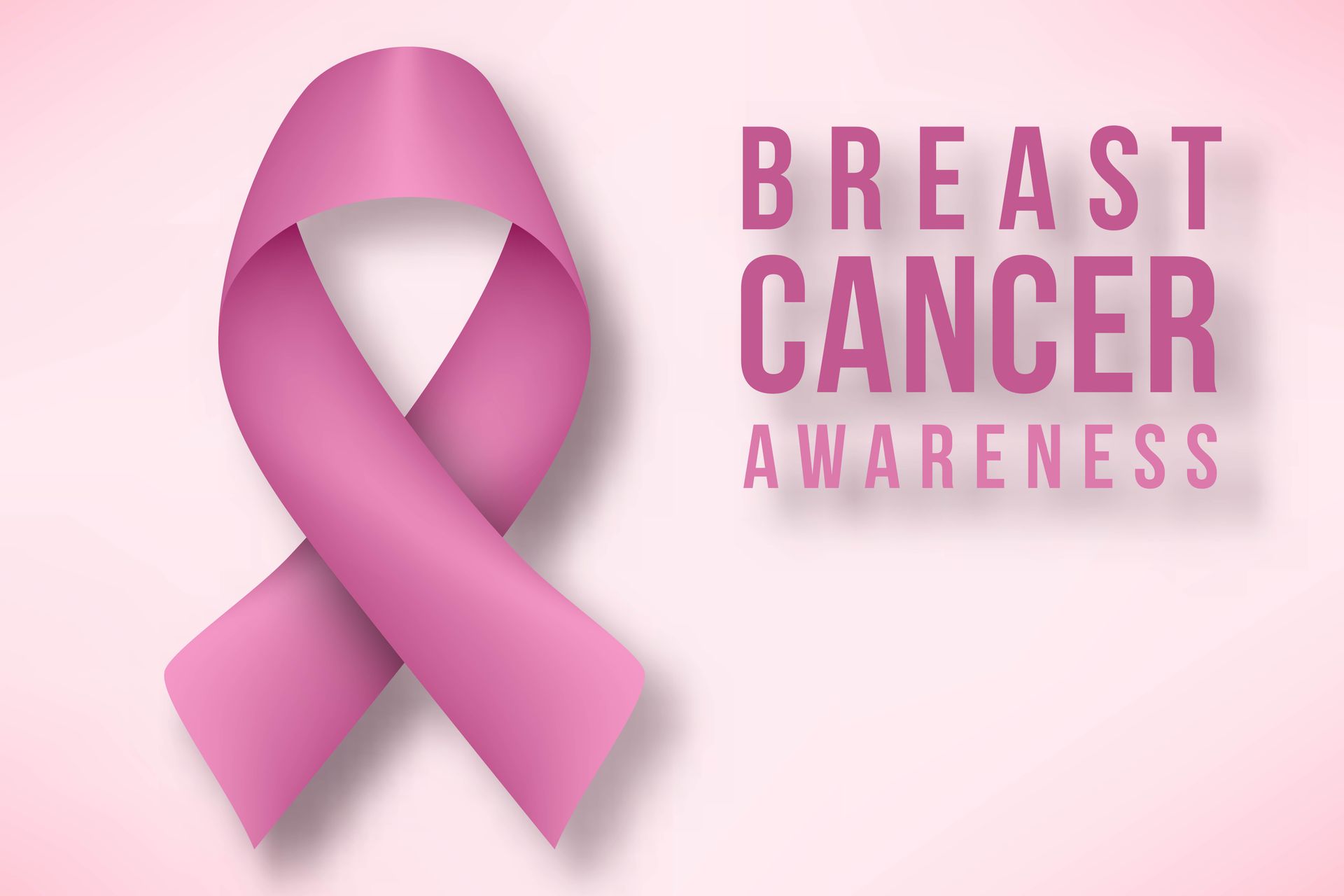Understanding Sexually Transmitted Infections in Men Who Have Sex with Men

Sexually transmitted infections (STIs) are a significant health concern for individuals worldwide, and certain populations, such as men who have sex with men (MSM), face specific challenges when it comes to sexual health. MSM are at a higher risk of contracting and transmitting STIs due to various factors. In this blog, we will explore the most common STIs among MSM, risk factors, preventive measures, and the importance of regular testing.
1. Common STI’s among MSM:
- Human Immunodeficiency Virus (HIV) : HIV is a viral infection that attacks the immune system, leading to AIDS if left untreated. MSM account for a significant portion of new HIV diagnoses globally. Regular testing and the use of pre-exposure prophylaxis (PrEP) can reduce the risk of HIV transmission. HIV is very treatable and those that are on treatment and undetectable cannot transmit the virus. Besides knowing your status, being on PrEP or HIV treatment are the best ways to prevent the spread of HIV.
- Syphilis: Syphilis is a bacterial infection that can affect multiple organs. MSM have seen a surge in syphilis cases, particularly among those engaging in high-risk sexual behaviors. Timely diagnosis and treatment are crucial to prevent complications.
- Gonorrhea and Chlamydia: These bacterial infections can occur in various parts of the body, including the genitals, rectum, and throat. MSM are at an increased risk due to unprotected anal and oral sex. Regular testing, using condoms and silicone lubricants (when engaging in receptive anal sex) can help prevent the spread of these infections.
- Human Papillomavirus (HPV): Most sexually active people have acquired HPV by adulthood. It is contracted by skin-to-skin contact and most commonly detected in the genital, anal, and oral cavity. MSM have increased risk of anal cancer due to HPV related anal cancers. Those that are HIV positive have an even greater risk than those that are HIV negative. Vaccination and screening for high-risk types of HPV should be performed on all MSM after age 30 for those that are HIV positive and over 40 for those that are HIV negative.
- Monkey Pox (MPox): Most recently a variation of the small pox virus has plagued the MSM community. Mpox is transmitted through skin to skin contact and most commonly transmitted in large group events. MSM should be vaccinated to prevent contracting Mpox.
2. Risk Factors:
- Condomless Sexual Activity: Engaging in anal or oral sex without the use of barriers, such as condoms or dental dams, significantly increases the risk of STI transmission.
- Multiple Sexual Partners: Having multiple sexual partners can increase the likelihood of encountering STIs. It is crucial to discuss sexual health with partners and use barriers consistently.
- Substance Abuse: Substance use, especially drugs like methamphetamine, can lead to risky sexual behaviors and impair judgment, further increasing the risk of STI transmission. Alcohol should not be discounted as a substance that can reduce inhibitions leading to decisions that can raise the risk of contracting STI’s.
3. Preventive Measures:
- Using Condoms: Consistently using condoms or dental dams during anal and oral sex can reduce the risk of STI transmission. Water-based lubricants can also help minimize the chance of condom breakage. Water-based or silicone-based lubricants are safe to use with all types of condoms. Oil-based lubricants, such as petroleum jelly, lotion, or baby oil, can break down latex, polyurethane, or polyisoprene condoms, leading to failure during intercourse. Spermicide is also safe to use with condoms. It is important to never use two condoms at once.
- Regular Testing: Regular STI testing is essential for early detection and prompt treatment. MSM should consider getting tested every three to six months or as recommended by healthcare professionals. Diversity Family Health recommends getting tested before engaging with a new partner and 7 days after a sexual encounter with every new partner. Diversity Family Health walk-in STI clinic is a convenient way to get regular testing.
- Vaccinations: Vaccines, such as the HPV vaccine (now available up to age of 45) and the hepatitis A and B vaccines, can provide protection against certain STIs. Consult with a healthcare provider to determine the appropriate vaccinations for your individual needs.
- Pre-Exposure Prophylaxis (PrEP): PrEP is available for the prevention of HIV. Oral PrEP is a pill, when taken daily can prevent HIV. Alternatively, injectable PrEP can be taken on the same day every two months to prevent HIV. Both oral and injectable PrEP when taken as directed have proven to reduce the risk of HIV transmission by 99%.
- Post-Exposure Prophylaxis (PEP): There are two forms of PEP, one for HIV and one for Chlamydia, Gonorrhea, and Syphilis. HIV P EP: When not on PrEP, medication can be taken to prevent getting HIV if the medication is started within 72 hours of exposure. This medication is taken for 28 days and is very effective at preventing HIV infection. Doxy-PEP: Doxycycline has been proven to prevent chlamydia and syphilis up to 66% when taken, preferably, within 24 hours but no later than 72 hours after a condomless sexual encounter. It can also be effective against gonorrhea, however 25% of gonorrhea in the US is resistant to doxycycline.
- Treatment as Prevention: Those that are positive for HIV can also prevent the spread of HIV by taking their medication as prescribed. If a person’s viral load (the number of HIV virus detected in the blood) are less than 200 they are considered undetectable and they cannot transmit the virus to others. Rarely is HIV transmitted by someone who knows they are HIV positive.
4. Importance of Communication, Education & Support:
- Open Communication: Honest and open communication with sexual partners is vital for preventing STI’s. Discussing sexual health, STI testing history, and potential risks can help make informed decisions.
- Education and Awareness: Promoting comprehensive sex education and raising awareness about STIs within the MSM community is crucial. Accessible information can empower individuals to make informed choices and seek appropriate healthcare.
- LGBTQ+ Healthcare Providers: Seeking healthcare from LGBTQ+-experienced providers who are knowledgeable about MSM sexual health can ensure better understanding and support. Book your sexual health appointment with Diversity Family Health.
Conclusion: Sexually transmitted infections remain a concern for men who have sex with men, but with knowledge, communication, and preventive measures, the risk can be significantly reduced. Regular testing (knowing your status), implementing prevention strategies, and open dialogue with healthcare providers and sexual partners are crucial steps in maintaining sexual health and well-being. Remember, taking care of your sexual health is an important aspect of leading a fulfilling and healthy life.










